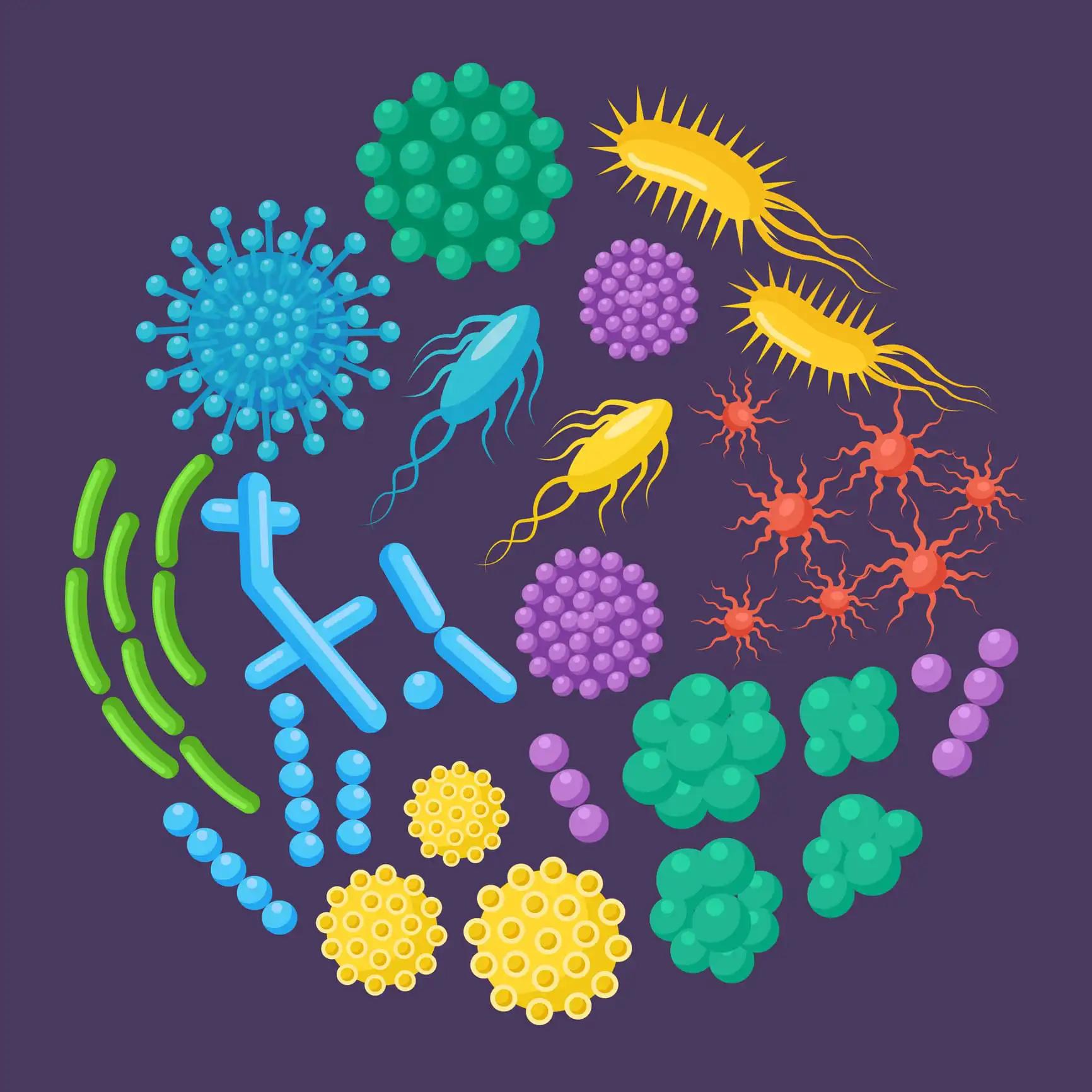KEY TAKEAWAYS
- The Phase 3 TROPiCS-02 trial registered under NCT03901339 compared the efficacy and safety of anti-Trop-2 antibody-drug conjugate.
- The trial’s primary aim was to determine the PFS of patients with HR+/HER2- metastatic breast cancer treated with sacituzumab govitecan (SG) compared to single-agent chemotherapy.
- The trial randomly assigned patients in a 1:1 ratio to receive SG or TPC until disease progression or unacceptable toxicity.
- SG demonstrated a superior median PFS of 5.5 months compared to TPC, with a median PFS of 4.0 months and a statistically significant.
- SG exhibited a manageable safety profile, with neutropenia and diarrhea being the most frequently reported adverse events and a higher percentage of patients.
- The trial results suggest that SG provides a significant clinical benefit over single-agent chemotherapy in heavily pre-treated HR+/HER2- endocrine-resistant
The HR+/HER2- variant is the most prevalent subtype of metastatic breast cancer (MBC). The recommended course of action involves a series of endocrine therapies administered in a specific order in conjunction with targeted agents. This is followed by a single-agent chemotherapy regimen, which provides diminishing benefits over time. The anti-Trop-2 antibody-drug conjugate known as sacituzumab govitecan (SG) has been approved for treating metastatic triple-negative breast cancer in patients who have undergone at least two prior therapies, with at least one for metastatic breast cancer. The cohort consisting of patients with HR+/HER2- metastatic breast cancer who participated in the phase 1/2 IMMU-132-01 study (n = 54) exhibited an objective response rate (ORR) of 31.5%, median progression-free survival (PFS) of 5.5 months, median overall survival (OS) of 12 months, and a tolerable safety profile with SG. The TROPiCS-02 trial, registered under NCT03901339, is a randomized phase 3 study to confirm the outcomes of selective estrogen receptor degrader (SERD) therapy in patients with advanced breast cancer who are hormone receptor-positive and human epidermal growth factor receptor 2-negative.
Eligibility criteria for the study included adults diagnosed with locally determined, hormone receptor-positive and HER2-negative unresectable locally advanced or metastatic breast cancer, with an Eastern Cooperative Oncology Group performance status of 0 or 1, and a history of 2-4 prior chemotherapy regimens for metastatic breast cancer. Participants who had received only 1 prior therapy for metastatic breast cancer were also eligible if their disease had progressed within 12 months after receiving (neo)adjuvant therapy. Patients must undergo at least one prior taxane, CDK4/6 inhibitor, and endocrine therapy in any therapeutic context. The patients were randomly assigned in a 1:1 ratio to receive SG (intravenous dose of 10 mg/kg on days 1 and 8, every 21 days) or TPC (capecitabine, eribulin, vinorelbine, or gemcitabine) until the progression of the disease or unacceptable toxicity. The primary endpoint was progression-free survival (PFS) according to the Response Evaluation Criteria in Solid Tumors version 1.1, as assessed by a blinded independent central review during the final analysis. The key secondary endpoint was OS during the first planned interim analysis.
As of the data cutoff on January 3rd, 2022, there were 272 patients randomized to receive SG and 271 patients randomized to receive TPC. The patient characteristics in the study group and the control group were comparable. The median number of prior chemotherapy regimens for metastatic breast cancer was three, ranging from 0-8. Ninety-five percent of the patients had visceral metastases, and 86% had received prior endocrine therapy for metastatic breast cancer for at least six months. Sixty percent and 38% of the patients had received prior CDK4/6 inhibitors for 12 months or less and more than 12 months, respectively. The SG treatment demonstrated a superior median progression-free survival (PFS) of 5.5 months compared to the TPC treatment, with a median PFS of 4.0 months. The hazard ratio (HR) was 0.66 with a 95% confidence interval (CI) of 0.53-0.83 and a P-value of 0.0003. The PFS rates at 6 and 12 months were 46% and 21% for SG treatment, respectively, while TPC treatment had PFS rates of 30% and 7% at 6 and 12 months, respectively. The study comparing SG and TPC revealed a numerical difference in OS (13.9 vs. 12.3 months; HR, 0.84; P= 0.143), but it was not statistically significant.
However, SG demonstrated higher rates of objective response (21% vs. 14%) and clinical benefit (34% vs. 22%). The median duration of response was also longer with SG at 7.4 months compared to TPC at 5.6 months. In the study, it was observed that a higher percentage of patients in the SG group (74%) experienced grade ≥3 treatment-emergent adverse events (AEs) compared to the TPC group (60%). The most frequently reported AEs were neutropenia (51% vs. 39%) and diarrhea (10% vs 1%). The incidence of adverse events resulting in discontinuation of SG versus TPC was minimal, with rates of 6% and 4%, respectively. There was one death related to treatment in the SG arm, while no deaths were reported in the TPC arm. SG demonstrated a statistically significant and clinically meaningful progression-free survival benefit in patients with heavily pre-treated HR+/HER2- endocrine-resistant, unresectable locally advanced or metastatic breast cancer compared to single-agent chemotherapy. SG exhibited a manageable safety profile, which is particularly important given the limited treatment options available for these patients.
Source: https://meetings.asco.org/abstracts-presentations/206927
Clinical Trail: https://clinicaltrials.gov/ct2/show/NCT03901339
Hope S. Rugo, Aditya Bardia, Frederik Marmé, Javier Cortes, Peter Schmid, Delphine Loirat, Olivier Tredan, Eva Ciruelos, Florence Dalenc, Patricia Gómez Pardo, Komal L. Jhaveri, Rosemary Delaney, Olivia Fu, Lanjia Lin, Wendy Verret, Sara M. Tolaney/Primary results from TROPiCS-02: A randomized phase 3 study of sacituzumab govitecan (SG) versus treatment of physician’s choice (TPC) in patients (Pts) with hormone receptor-positive/HER2-negative (HR+/HER2-) advanced breast cancer/J Clin Oncol 40, 2022 (suppl 17; abstr LBA1001) DOI10.1200/JCO.2022.40.17_suppl.LBA1001



